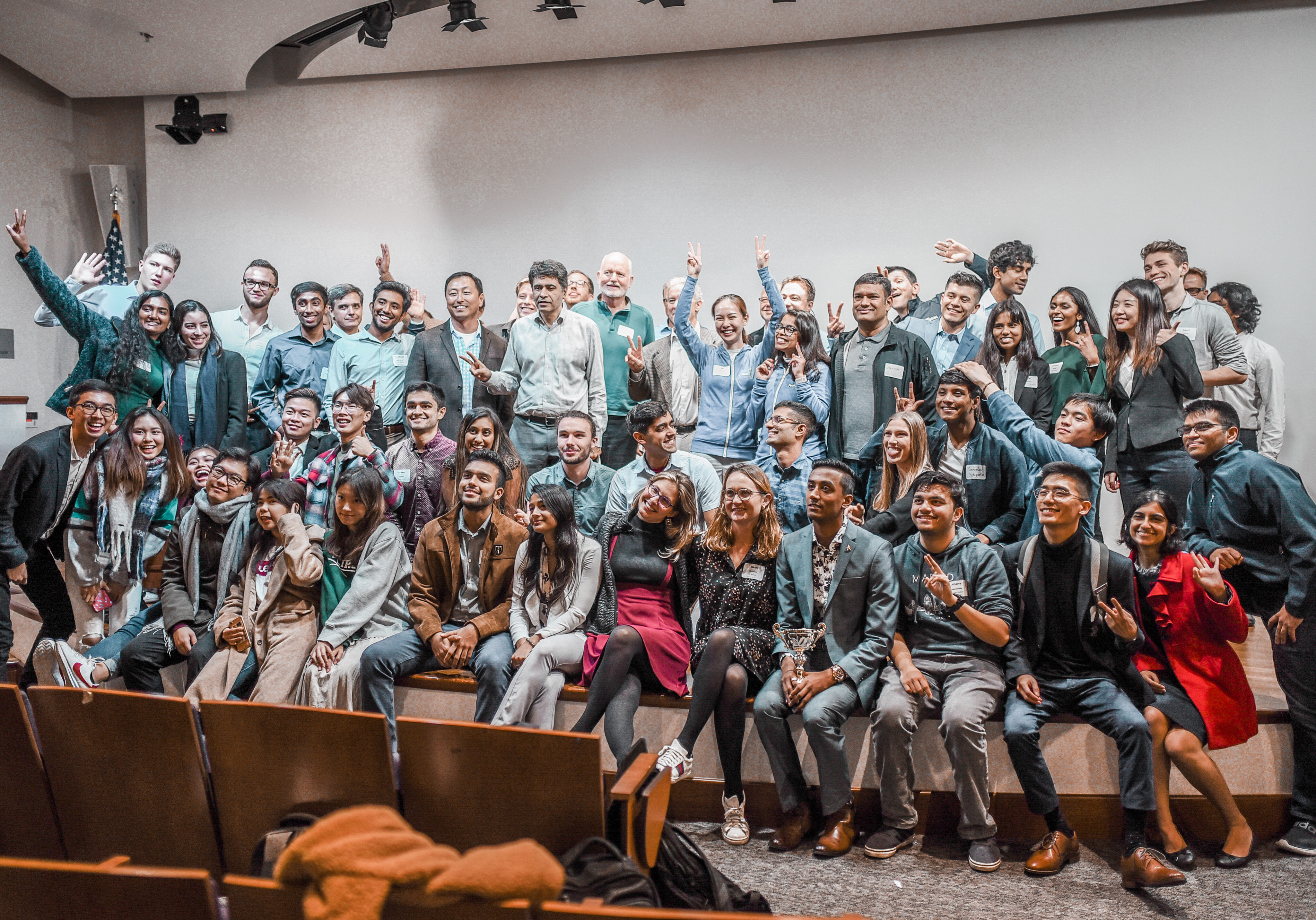
Empowering Innovators to Positively Change the World
Since 2005, SCET has helped tens of thousands of students learn innovation and entrepreneurship skills and developed the foundation of Berkeley’s entrepreneurship ecosystem, with SkyDeck, the Fung Institute, the Engineering Leadership Professional Program, Global Venture Lab, and an extensive network of Silicon Valley and Global partners.
The Home of the Berkeley Method of Entrepreneurship
SCET is known for developing the Berkeley Method, an internationally recognized approach to teaching technology entrepreneurship to undergraduates, innovation to Ph.D. students, and technology firm leadership to professionals and executives. We help students develop their entrepreneurial mindset, leverage proven frameworks, and build their networks at Berkeley.

By the Numbers
Announcing the Pantas and Ting Sutardja Center for Entrepreneurship
Learn about the founding and history of the Sutardja Center.
